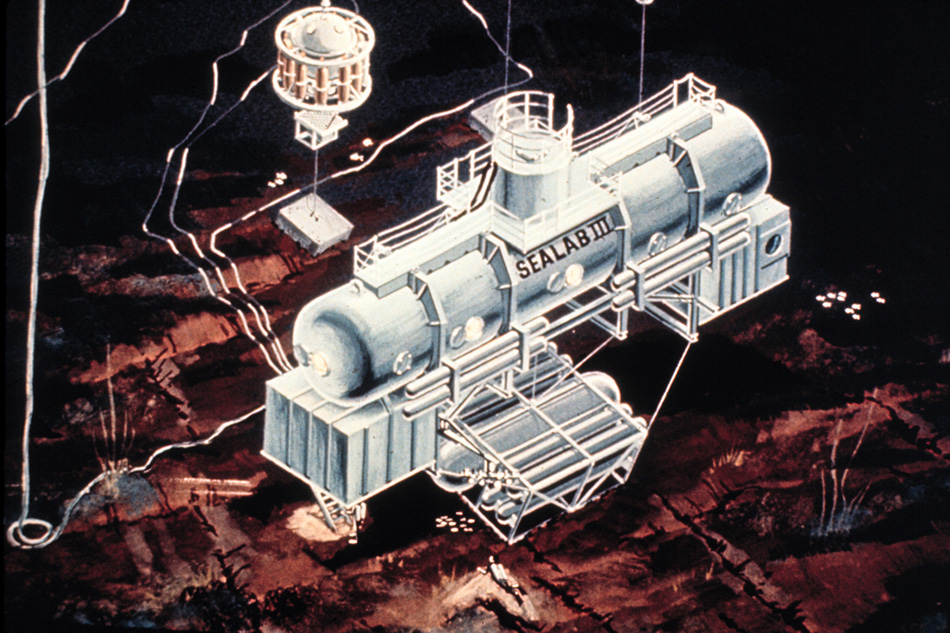Progress in H2 Internal Combustion Engine Combustion Technology & Computational Modeling
Progress in H2 Internal Combustion Engine Combustion Technology & Computational Modeling


An upcoming webinar from the:
ICED Webinar Series: The Future of the Internal Combustion Engine
ICED Webinar Series: The Future of the Internal Combustion Engine
The hydrogen internal combustion engine (H2ICE) has evolved quickly in recent years as an emerging technology in several roadmaps across the transportation and industrial sectors. As it can be adapted from traditional combustion engines and has good tolerance to the impurity in the hydrogen feed gas, H2ICE can serve as an important bridge technology in the transition toward a future characterized by a mix of electrification and sustainable net-zero carbon fuels. Compared to conventional liquid and gaseous fuels, hydrogen has a unique set of fuel properties, thereby presenting the need to gain a fundamental understanding of the implications of these properties and apply the learnings for tailored engine combustion system architecture selection and development. For the same reasons, the computational analysis of H2ICEs will require improved or novel models that will have to be disseminated and implemented into leading engine simulation software.
In this webinar, we will start with a discussion of hydrogen's unique combustion properties, followed by a review of the current technology landscape. We will then speak about the key aspects in engine combustion system development involving fuel injection, fuel-air mixture formation, flame development and propagation, and abnormal combustion events (pre-ignition and knock). Next, recent progress in the computational modeling of H2ICEs will be reviewed and future computational needs will be identified and discussed.



